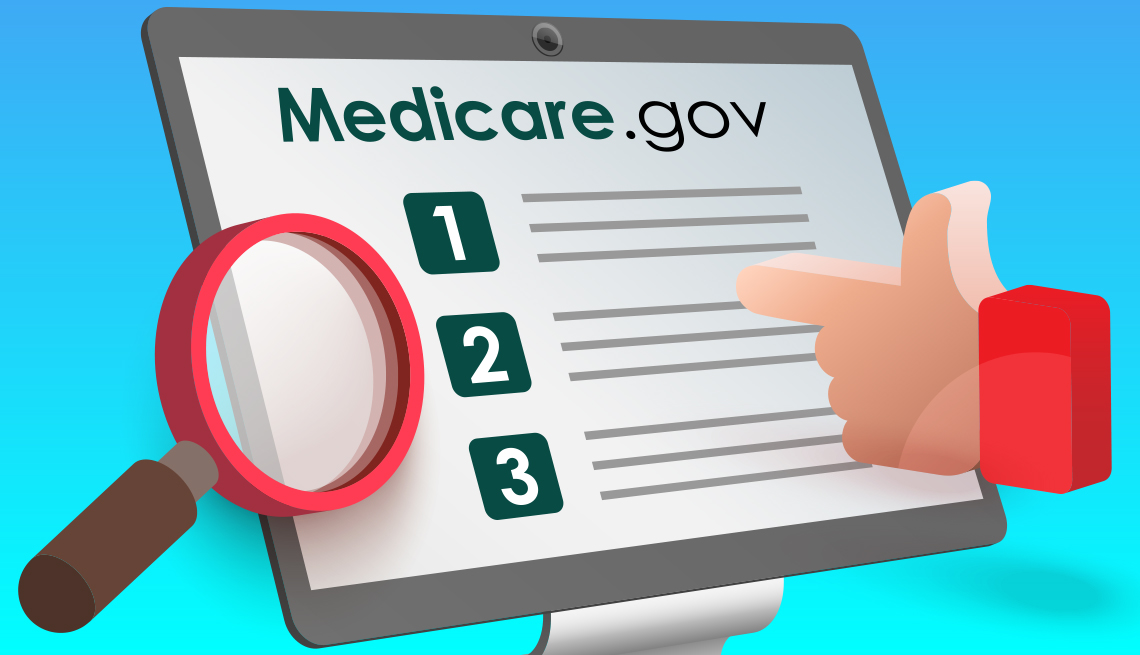
- Select a language for the TTS:
- UK English Female
- UK English Male
- US English Female
- US English Male
- Australian Female
- Australian Male
- Language selected: (auto detect) - EN
Play all audios:
Yes, but you can enroll only at certain times. You may also have to pay a late enrollment penalty unless you qualify for what’s considered a special enrollment period (SEP). While you’re
eligible for Medicare at age 65, you’re automatically enrolled if you began receiving Social Security or Railroad Retirement Board benefits at least four months before your 65th birthday.
Otherwise, you need to take steps to sign up yourself. WHEN IS THE EARLIEST I CAN ENROLL IN MEDICARE? Unless you qualify for Medicare before age 65 because of a disability, the first time
you’re eligible to sign up is during your initial enrollment period (IEP), which begins on the first day of the month three months before the month you turn 65 and lasts for three months
after your birthday month. That means even if you’re a few months past your 65th birthday, you still may be in your initial enrollment period. Where you are in your IEP determines when your
Medicare coverage starts: * IF YOU ENROLL DURING THOSE FIRST THREE FULL MONTHS before your birthday, your coverage begins on the first day of the month you turn 65 or the first day of the
previous month if your birthday is on the first of the month. * IF YOU SIGN UP DURING THE MONTH YOU TURN 65 OR THE THREE MONTHS AFTER YOUR BIRTHDAY MONTH, coverage begins on the first day of
the following month. WHAT IF I’M PAST MY INITIAL ENROLLMENT PERIOD? The enrollment rules are different for Medicare Part A, which provides coverage for hospitalization, than for Medicare
Part B coverage, which helps pay for doctor and outpatient services. IF YOU QUALIFY FOR PREMIUM-FREE PART A, like most people, you can sign up for that coverage during your initial
enrollment period or any time after without a penalty. Your Part A coverage is retroactive for up to six months but no earlier than the month you turned 65. PART B ISN’T AS FLEXIBLE. If you
missed your initial enrollment period, you may be able to sign up later without penalty if you qualify for a special enrollment period. YOU CAN QUALIFY FOR A SPECIAL ENROLLMENT PERIOD if you
or your spouse is still working and you have health insurance from that employer. In that case, you have a SEP to sign up for Medicare any time while you have that coverage and for up to
eight months after the employment or coverage ends, whichever occurs first. Only coverage from a current employer counts. You won’t qualify for a SEP if you have coverage from your former
employer’s plan through COBRA, the federal Department of Veterans Affairs, military retiree health coverage from Tricare, a labor union retiree plan or any other retiree health plans. You or
your spouse must be actively working for the company providing the insurance. If you sign up while still working or during the first month after you leave the plan, Part B coverage will
begin on the first day of the month after you enroll or the first day of any of the following three months. If you sign up during the remaining seven months after you or your spouse stops
working, your coverage begins on the first day of the following month. For example, if you stop working in April but you sign up for Part B in June, your coverage begins in July. The SEP
terms expanded in 2023 to include other circumstances, like missing an initial enrollment period because of a natural disaster. Premium-free Part A coverage begins six months retroactively,
but no earlier than the month you turn 65.






